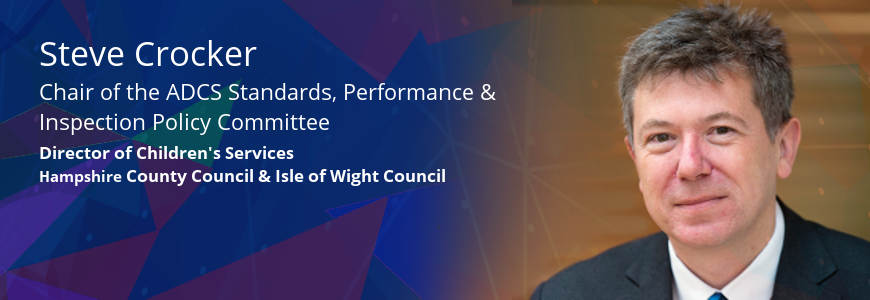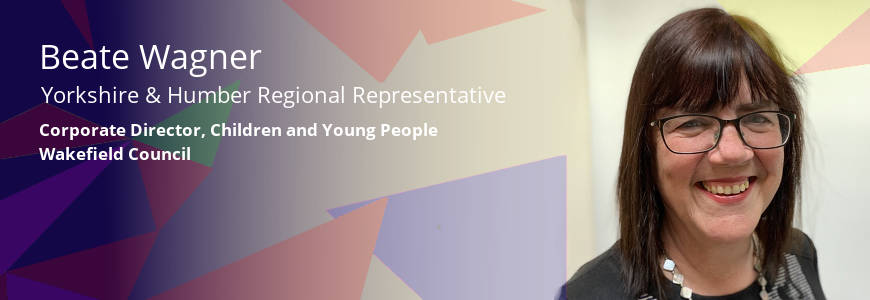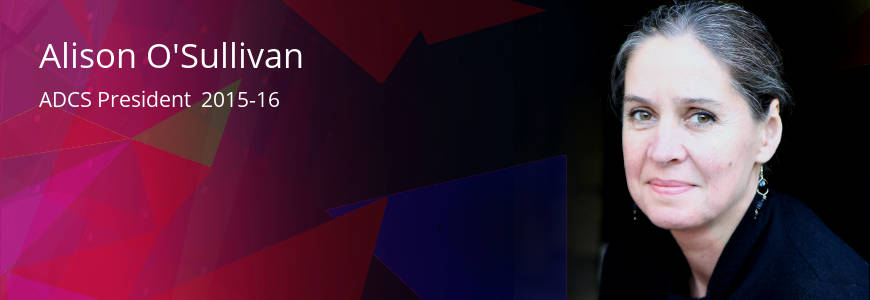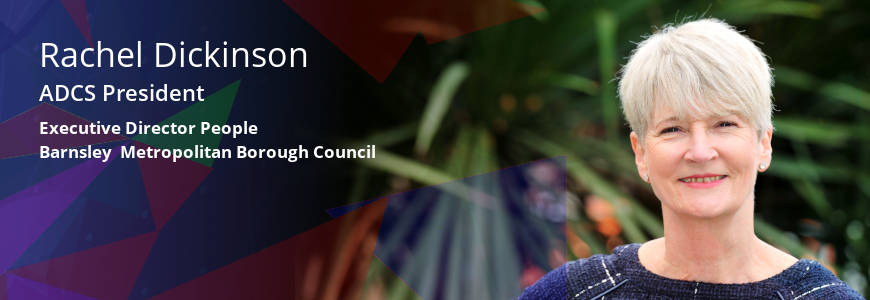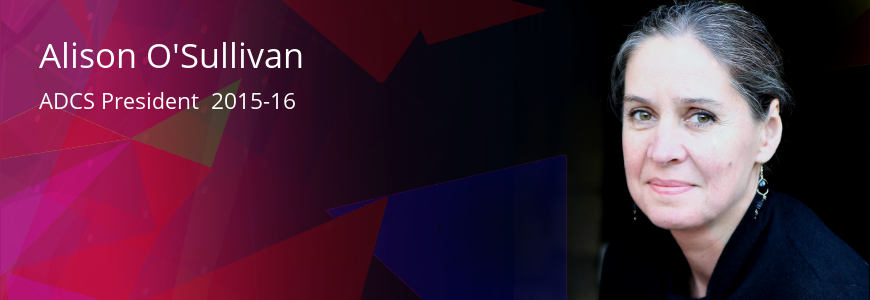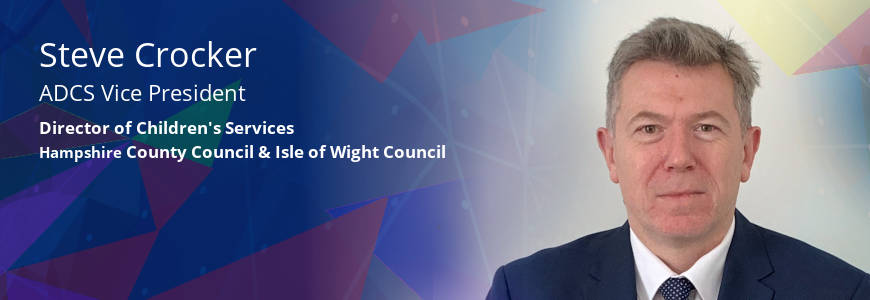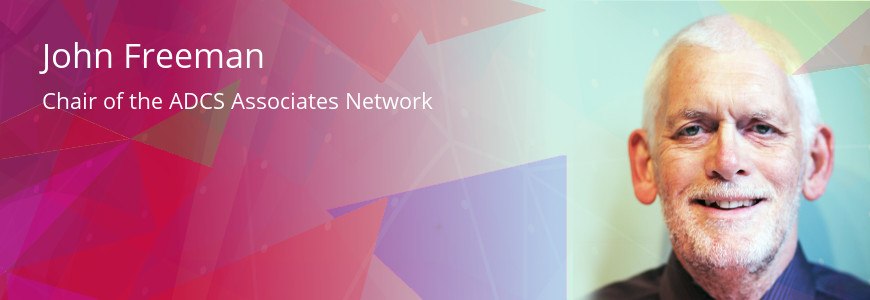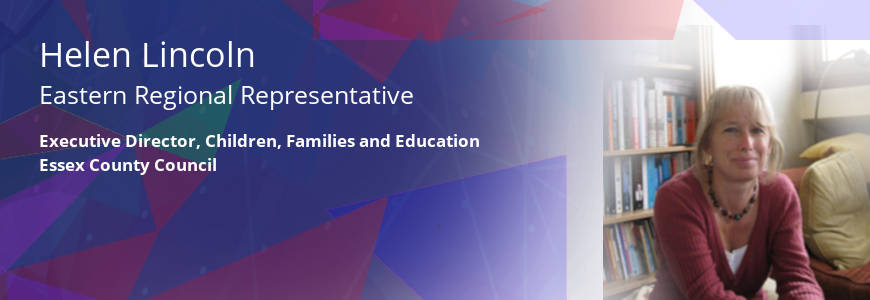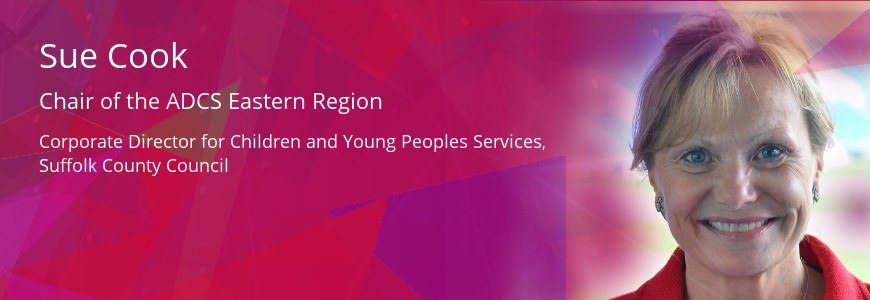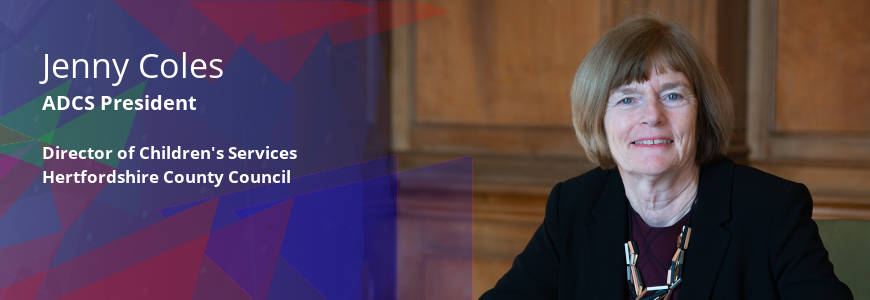Doing Things Differently
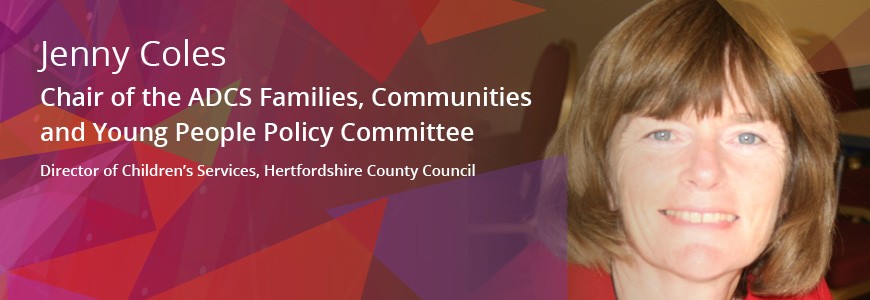
Last week was a “doing things differently” kind of week. On Monday I attended a Criminal Justice Board event as Chairperson of the County Domestic Abuse Executive. On Tuesday I was at a round table event hosted by the High Sheriff which brought together representatives of the voluntary sector, the office of the Police Crime Commissioner, the judiciary and the police to discuss the relationship between the court system and support services in preventing and protecting children and families from domestic abuse. And on Friday I attended a meeting of the Eastern Region directors of children’s services where we planned a regional conference on sector-led improvement and how we are “doing things differently” across the region.
Three themes came up in these meetings. Unsurprisingly, the first theme was saving money or at least not spending any more than we are already! The second was tackling the relationship between domestic abuse and the impact of drugs, alcohol and mental health issues (I have a real aversion to the “toxic trio” label, to tell someone they are “suffering from the toxic trio” is hardly a strength-based approach). The third was integration, co-location of services and staff working with individuals and families affected by these challenges.
In my local authority, in Hertfordshire, we have tried to do things differently when working with children and families to tackle the complex challenges they face. A couple of years ago I was told by a social worker that the parent he was working with had said once their child was on a child protection plan the help that they had been getting from different professionals in the Troubled Families team was no longer on offer and now they just had him. And this was the case, the family couldn’t access the help they felt they needed in one place once they were involved in the child protection system when the risks to children are judged to be greater. With the help of funding through the children’s social care innovation programme over the last two years, we have been able to do things differently through our Family Safeguarding programme. We have established multi-disciplinary teams, moving drug and alcohol workers, mental health trained professionals, probation officers and family support workers (who work with both victims and perpetrators of domestic abuse) into our locality social work safeguarding teams. The teams now use motivational interviewing as their model of practice, the same model used by the Troubled Families programme and this compliments the strengthening families based approach to running child protection conferences. Feedback from families, children and staff is positive and even though we still have a considerable way to go in terms of developing this model of practice, we have been seeing the changes hoped for in reduced repeat domestic abuse call outs, improved school attendance, a reduction in care proceedings and in child protection plans.
Coming up with the reasons for “doing things differently” can be relatively easy - especially if you are spending time at an event where this is the purpose. Implementing, on the other hand, is somewhat harder (well a lot harder!). Because of the nature of “having everything in one place” a range of commissioners and providers are involved (splitting commissioning and provision can just mean you have more people in the room but that’s for another blog). We all want “evidence” to justify funding, and that doesn’t necessarily equal evidence of “real” outcomes for children and families. Certainly, it has been pretty challenging for our programme to get the evidence within the evaluation after only 18 months of operation. What it also means is taking the “risk” together. Partners are doing this here, redirecting their funding and using family safeguarding to develop skills and services across the county.
Related Blog Articles
It looks like it’s going to be a busy period for the ADCS Standards,...
In General
We are talking about little else at the moment, but I am not talking about...
In General
As with so much in life you learn a lot from your children. It was only when my...
In General
I’ve been spending quite a lot of time on trains travelling to meetings and...
In General
Schools play a vital role in their local areas by widening opportunities for...
In Education
In the last week, I had a really interesting series of meetings with Dave Hill,...
In Education
There’s a lot going on at the moment, what with our new President, the care...
In General
There has been some recent national media coverage about local authorities using...
In General
The privilege of being a member of ADCS, a member of our Council of Reference...
In Safeguarding & Child Protection
It’s been a challenging couple of weeks for me with the publication of a...
In Youth Justice & Secure Estate
In Kirklees, where I work as Director for Children and Young People Services, I...
In Safeguarding & Child Protection
The recent change to guidance for shielded workers, allowing them to return to...
In General
It is not common that child protection chairs are universally praised. It is a...
In Safeguarding & Child Protection
Like the Tokyo Olympics, Wimbledon and Glastonbury, the pandemic delayed another...
In Safeguarding & Child Protection
I had a series of interesting meetings this week with leaders from the sector....

